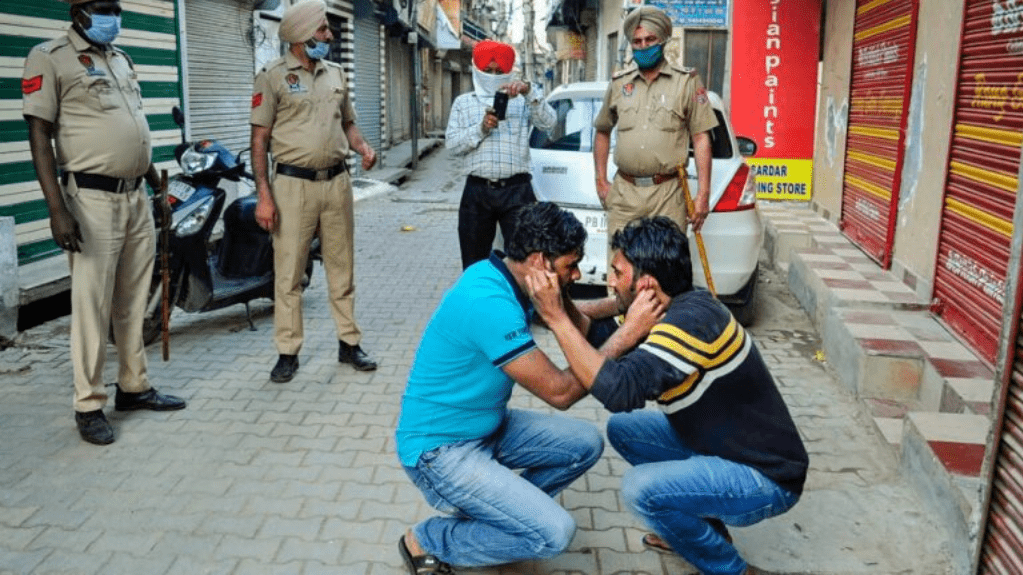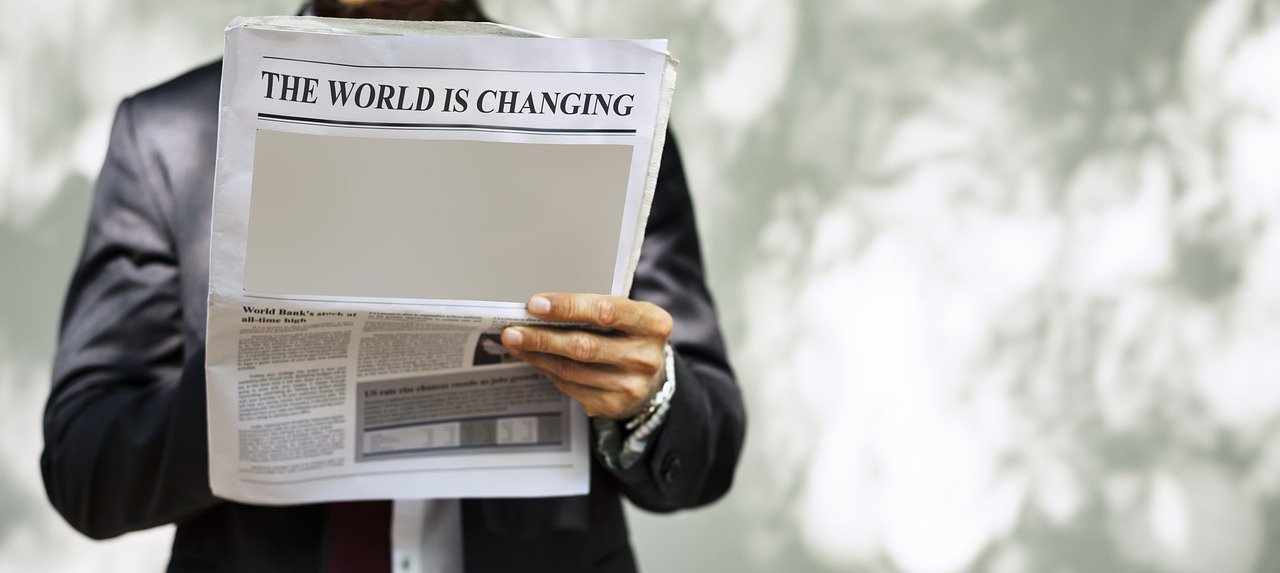What could be a more relevant discussion during these pandemic times than having three versatile panelists discuss at length about it!
Amandeep Sandhu opened the conversation with his view on how in the last 9 months, as a nation, we had a strange emotional graph from denial, bravado, to freezing and then abandonment. His first question to Anna Chandy, a psychology counsellor, was on her recollection of advances made as a nation before the pandemic. Anna said that she views the world as pre, and post-March 2020 and feels that good progress was made in mental health. She also elaborated on 3 types of mental health – public, societal, and self-stigma. Because of uncertainty since post-March 2020, mental health conversations were hijacked by people who do not have the competence and thus the progress was reversed. This resulted in the cornering of suffers and their families.
Amandeep asked Dr. Farah, a family physician in Narayana and an author, to tell more on her book “Newborns and New Moms”. Dr. Farah explained how despite being a doctor, no professional education prepared her for the life of motherhood. She said that her book was a step by step guide for mothers. Especially during pandemic times where the work boundaries are not respected and mothers have suffered more, the book has helped many mothers.
The conversation then moved onto drawing parallels between mental health and COVID. How both sneak up to us without realizing and both cause short- and long-term damage.
Anna put across that depression and anxiety are pandemic too, but without a lockdown. Stigma and society exclusion are the commonality between them, thus punishing the patients for something that is beyond their control. She also compared the seriousness of the entire situation to World War II. The next generations will have an impact on the psychological construct, and it will play out differently when they are adults. She said that this is not being spoken about as much as it should be.
Amandeep steered the conversation to Dr. Farah on whether there was a change in statistics related to infant mortality, TB patients, diabetics etc. He wondered aloud on how are they managing post-COVID?
Dr. Farah gave insights from her experiences. She said that doctors racked their brains to understand why there was a decline in heart attack patients coming in emergencies. Is it fear to report or have the incidences reduced due to less pollution and commuting? Narrating a few stories of her patients, she brought about the aspect of psychological effects on all ages. It was heartening to hear her story about her son who is under the autism spectrum, progressed in his speech in the last few months. She accounted for this change to the attention and time children are receiving from parents. She said that a lot depended on how patient parents are with their kids.
Continuing the conversation, Anna spoke about the changes going on inside the counselling circles. She said that people from age groups 25-30 are reaching out and openly seeking support.
The discussion proceeded to serious impacts on women and their monthly cycles. Dr. Farah had many examples to share in this regard. She strongly sent out the message that most problems are psychological where the body is manifesting itself and reaching out for help. Anna aptly made a strong recommendation to the book “The body keeps a score” by Bessel van der Kolk.
When Amandeep asked her views on collectivism, she said that most Asian countries are collectivist society, where the needs of the groups take priority and are thus governed by group laws. These laws are mostly unsaid, covert, and transmitted silently on how to be or not to be.
She brought about the advantage of such societies and pandemics is an opportunity to work in groups to our advantage. She also said that different communities are dealing with pandemic differently. In smaller towns, community support is higher.
Anna had an interesting take on dealing with pandemics and quoted the ABC concept. A – Accounting for your feelings, B – managing anxiety through breathing, C – care and communication. She also suggested that this is the time to ask fundamental existential questions if one has faced job loss.
The last leg of this discussion turned very exciting as Dr. Farah stood up, removed her mask and performed a rap sporting demo of one of her parodies on “Apna time aayega”. The parody was a take on how messed up every mother’s Sunday is. Her intent of these parodies is to send across feminist messaging through a lighter medium.
With that delightful performance, the last question was, who is actually the masked intruder?
Anna, Dr. Farah and Amandeep had variations but primarily the same answers – “ourselves”, “the selective versions of ourselves”, “our fearful selves” are the mask intruders.
Amandeep gave a heartfelt dedication of this session to all the front-line staff who seamlessly work for the safety of all of us during these thought times!
About the Author: Neha Agrawal carries a spirit of positivism and a smile that emanates from the heart and wants to reach out to the world. She dreams to make this world an inclusive one. She works as a strategic leader heading multiple areas like inclusion & diversity, corporate social responsibility and organization culture. She is a public speaker and an influencer. She loves travelling, especially to the mountains. She writes poetry under the handle #fursatkealfaaz on Instagram, enjoys reading and having conversations. She currently writes for TheSeer.























 Set against the backdrop of the Red Death, a fictitious plague-like disease ravaging the populace in the kingdoms of Prince Prospero,
Set against the backdrop of the Red Death, a fictitious plague-like disease ravaging the populace in the kingdoms of Prince Prospero, 




